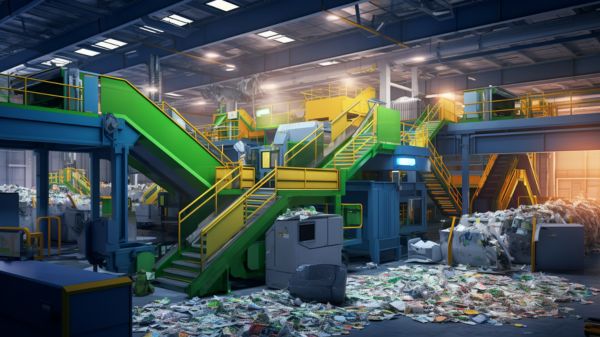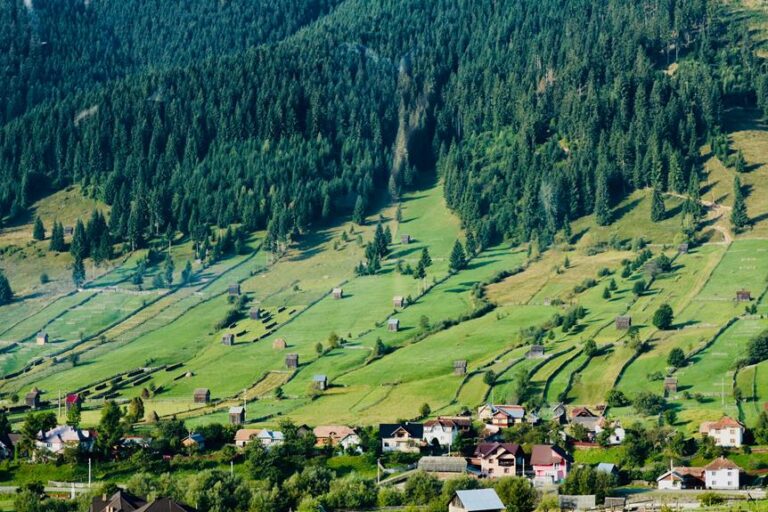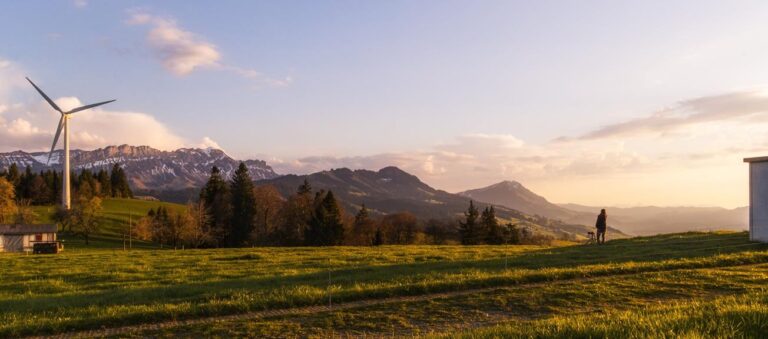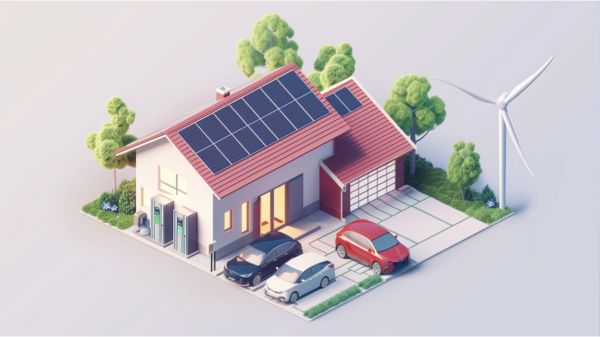Master Composting: Your Key to a Zero-Waste Home
Are you tired of seeing your kitchen scraps go to waste? Take control of your waste and become a master composter, unlocking the key to a zero-waste home. In this article, we’ll guide you through the process of composting, from why it matters to troubleshooting common issues.
Get ready to transform your leftovers into nutrient-rich compost and nourish your garden. Embrace the power of composting and join a community of like-minded individuals on a journey towards a sustainable future.
Why Composting Matters
Composting matters because it allows you to reduce waste and contribute to a more sustainable environment. By composting your organic waste, such as food scraps and yard trimmings, you can divert them from landfills where they’d otherwise release harmful greenhouse gases. Instead, you can transform them into nutrient-rich compost that nourishes your plants and gardens.
The benefits of composting go beyond waste reduction. It improves soil structure, increases water retention, and promotes healthy plant growth. There are several composting methods you can choose from, such as traditional composting, vermicomposting (using worms), or bokashi composting (using beneficial microorganisms). Whichever method you choose, the key is to balance the right mix of organic materials, including carbon-rich browns like leaves or paper and nitrogen-rich greens like fruit peels or grass clippings.
Getting Started With Composting
To begin your composting journey, embrace simplicity and gather the necessary materials. Composting is a rewarding and eco-friendly way to reduce waste and create nutrient-rich soil for your garden. Here are a few steps to get you started:
- Choose a composting technique that suits your space and needs. Whether it’s a traditional compost pile, a compost bin, or a vermicomposting system, find the method that works best for you.
- Invest in the right composting equipment. This includes a compost bin or pile, a pitchfork or shovel for turning the compost, and a kitchen compost pail for collecting food scraps.
- Gather your compostable materials. These can include fruit and vegetable scraps, coffee grounds, yard waste, and shredded paper. Avoid adding meat, dairy, and oily foods, as they can attract pests.
Composting Dos and Don’ts
Maximize the effectiveness of your composting efforts by following these do’s and don’ts.
When it comes to composting materials, do include a mix of green and brown materials. Green materials, like fruit and vegetable scraps, grass clippings, and coffee grounds, provide nitrogen, while brown materials, like leaves, straw, and newspaper, provide carbon.
Don’t include meat, dairy, or oily foods, as they can attract pests and take longer to break down. It’s important to turn your compost regularly to provide oxygen and help with decomposition.
Do keep your compost moist, but not too wet, as excessive moisture can prevent airflow and cause odors. Remember to layer your composting materials properly, alternating between green and brown layers.
Troubleshooting Common Composting Issues
After properly layering your composting materials and following the do’s and don’ts, you may still encounter common issues that can hinder the effectiveness of your composting process. Don’t worry! Here are some troubleshooting tips to help you overcome these challenges:
- Compost odor: If your compost pile has a foul smell, it may be due to an imbalance of carbon and nitrogen. Add more carbon-rich materials like dry leaves or shredded paper to absorb the excess moisture and reduce the odor. Turning the pile regularly can also help aerate it and prevent unpleasant odors.
- Pest control: If you notice pests like flies or rodents in your compost, it’s important to address the issue promptly. Avoid adding meat, dairy, or oily foods that can attract pests. Make sure your compost pile is securely covered to prevent access. You can also try using natural pest deterrents like citrus peels or diatomaceous earth to keep pests away.
Using Compost to Enrich Your Garden
Once you have successfully addressed any composting issues, use the rich compost to nourish your garden and achieve a flourishing, zero-waste ecosystem.
Compost is a valuable resource that can provide numerous benefits to your plants and soil. One way to utilize your compost is by making compost tea. Compost tea is a liquid fertilizer that’s made by steeping compost in water. It’s a nutrient-rich solution that can be applied directly to your plants or used as a foliar spray. This helps to improve soil structure, increase microbial activity, and boost plant growth.
Another option is vermicomposting, which involves using worms to break down organic matter. Vermicomposting benefits include producing high-quality compost and improving soil fertility.
Conclusion
So now you know the secret to achieving a zero-waste home: master composting. It’s amazing how something as simple as turning your food scraps and yard waste into nutrient-rich compost can make such a difference.
By composting, you’re not only reducing your carbon footprint, but also creating a valuable resource for your garden. So don’t waste another minute, grab that compost bin and start making a positive impact on the planet. Mother Earth will thank you, and so will your garden.
Happy composting!






